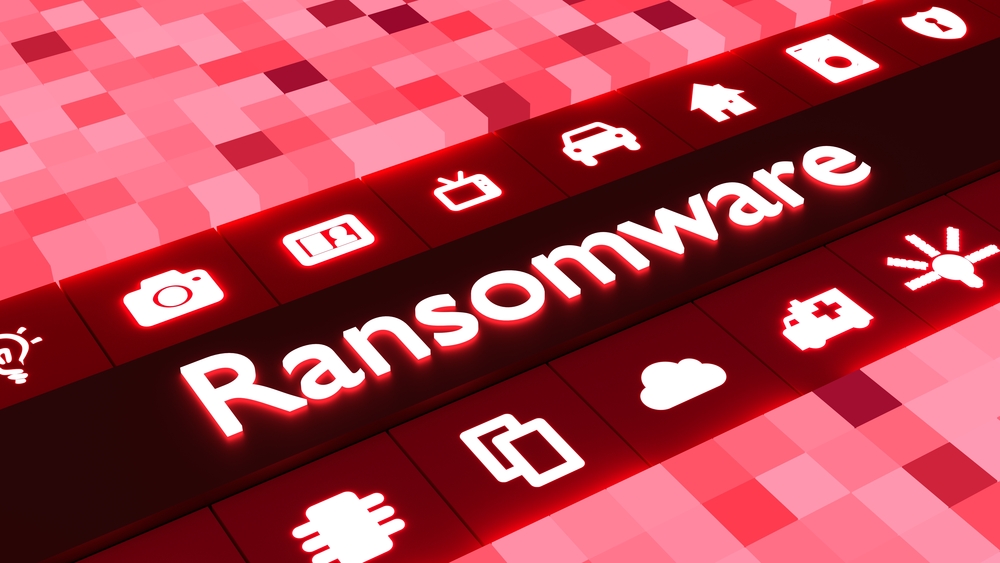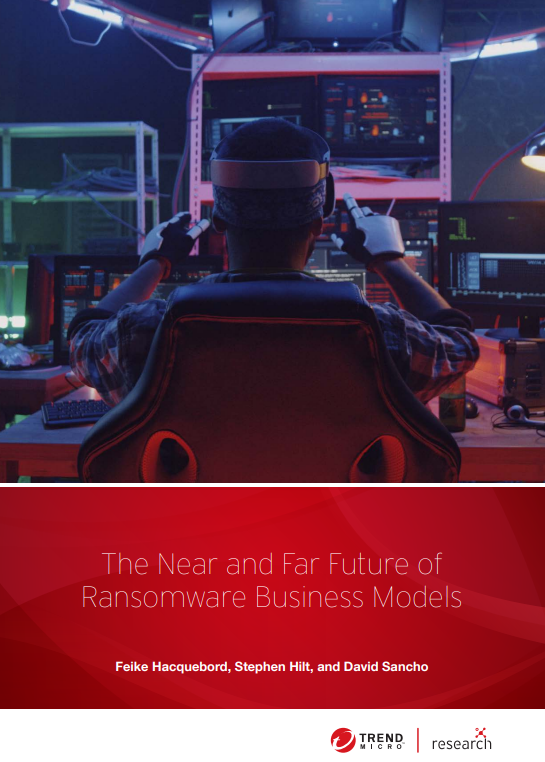Bitdefender releases free MortalKombat ransomware decryptor tool
While still a relatively new strain, MortalKombat has been used extensively to target users and steal cryptocurrency


Bitdefender has released a free decryption tool for the MortalKombat ransomware strain which has risen to prominence in recent months.
First observed by Cisco Talos researchers in January, the strain has been used to target a raft of victims in the UK, US, and further afield to steal cryptocurrency.
In a blog post on 28 February, Bitdefender said the decryption tool can be “run silently” through a command line. The company added that this could enable automated deployment in large networks if needed.
The decryptor does not require installation on infected systems and scans a device filesystem to identify specific files infected by the ransomware strain. Users are also able to create backups of encrypted files as a contingency.
This marks the latest in a series of decryptor tools rolled out by Bitdefender in recent years. The company previously released decryptors for REvil and GandCrab ransomware strains.
How does MortalKombat work?
Based on the Xorist ransomware strain, MortalKombat is typically spread through phishing emails and targets exposed remote desktop protocol (RDP) instances, Bitdefender said.
A recent study from Cisco found that the initial infection vector for MortalKombat often takes the form of a phishing email in which attackers impersonate CoinPayments, a cryptocurrency payment gateway and wallet.
Sign up today and you will receive a free copy of our Future Focus 2025 report - the leading guidance on AI, cybersecurity and other IT challenges as per 700+ senior executives
Emails targeting users often contain a spoofed sender email, luring in unsuspecting victims.
RELATED RESOURCE

The near and far future of ransomware business models
What would make ransomware actors change their criminal business models?
“A malicious ZIP file is attacked with a filename resembling a transaction ID mentioned in the email body, enticing the recipient to unzip the malicious attachment and view the contents, which is a malicious BAT loader,” researchers explained.
Once embedded within an infected machine, the ransomware strain targets user crypto wallets and tracks user activity to identify wallet addresses.
If successful in identifying a crypto wallet address, this is transferred to the attacker’s server and swapped with a malicious address to compromise future transactions. Affected users are met with a ransom note and their device wallpaper is changed to an image from the Mortal Kombat game series.
Little is known about the ransomware’s developers and operating model, according to researchers. However, the ransomware was first observed in a financially-motivated campaign of attacks which harnessed a new version of the Laplas Clipper malware written in Go.
“The name of the ransomware and the wallpaper it drops on the victim system are almost certainly a reference to the MortalKombat media franchise, which encompasses a series of popular video games and films,” a Cisco Talos blog post read.

Ross Kelly is ITPro's News & Analysis Editor, responsible for leading the brand's news output and in-depth reporting on the latest stories from across the business technology landscape. Ross was previously a Staff Writer, during which time he developed a keen interest in cyber security, business leadership, and emerging technologies.
He graduated from Edinburgh Napier University in 2016 with a BA (Hons) in Journalism, and joined ITPro in 2022 after four years working in technology conference research.
For news pitches, you can contact Ross at ross.kelly@futurenet.com, or on Twitter and LinkedIn.
-
 Will autonomous robotics leap forward in 2026?
Will autonomous robotics leap forward in 2026?In-depth Connectivity and cost benefits remain barriers, despite breakthroughs in physical AI
-
 AWS and NTT Data team up to drive legacy IT modernization in Europe
AWS and NTT Data team up to drive legacy IT modernization in EuropeNews Partnership between AWS and NTT DATA aims to boost AWS European Sovereign Cloud capabilities
-
 Everything we know so far about the Nike data breach
Everything we know so far about the Nike data breachNews Hackers behind the WorldLeaks ransomware group claim to have accessed sensitive corporate data
-
 There’s a dangerous new ransomware variant on the block – and cyber experts warn it’s flying under the radar
There’s a dangerous new ransomware variant on the block – and cyber experts warn it’s flying under the radarNews The new DeadLock ransomware family is taking off in the wild, researchers warn
-
 Hacker offering US engineering firm data online after alleged breach
Hacker offering US engineering firm data online after alleged breachNews Data relating to Tampa Electric Company, Duke Energy Florida, and American Electric Power was allegedly stolen
-
 Cybersecurity experts face 20 years in prison following ransomware campaign
Cybersecurity experts face 20 years in prison following ransomware campaignTwo men used their tech expertise to carry out ALPHV BlackCat ransomware attacks
-
 15-year-old revealed as key player in Scattered LAPSUS$ Hunters
15-year-old revealed as key player in Scattered LAPSUS$ HuntersNews 'Rey' says he's trying to leave Scattered LAPSUS$ Hunters and is prepared to cooperate with law enforcement
-
 The Scattered Lapsus$ Hunters group is targeting Zendesk customers – here’s what you need to know
The Scattered Lapsus$ Hunters group is targeting Zendesk customers – here’s what you need to knowNews The group appears to be infecting support and help-desk personnel with remote access trojans and other forms of malware
-
 Impact of Asahi cyber attack laid bare as company confirms 1.5 million customers exposed
Impact of Asahi cyber attack laid bare as company confirms 1.5 million customers exposedNews No ransom has been paid, said president and group CEO Atsushi Katsuki, and the company is restoring its systems
-
 The US, UK, and Australia just imposed sanctions on a Russian cyber crime group – 'we are exposing their dark networks and going after those responsible'
The US, UK, and Australia just imposed sanctions on a Russian cyber crime group – 'we are exposing their dark networks and going after those responsible'News Media Land offers 'bulletproof' hosting services used for ransomware and DDoS attacks around the world